Asset Finance Products
Businesses generally use one of four facilities when looking to finance assets for their business, namely: Hire Purchase, Finance Lease, Residual Value Lease/HP or Commercial Loan
Hire Purchase
Hire purchase is a type of credit agreement where a business agrees to buy an asset from the lender over a specified period, usually 12 - 84 months (depending on the asset).
After having paid a deposit, the business ‘hires’ the asset from the lender during the agreement period, making fixed payments to the lender, allowing the business to make use of the asset immediately.
At the expiration of the agreement, the business will either own the asset or have the option to purchase the asset outright via a final payment (the Option to Purchase Fee).
Like lease agreements, hire purchase allows you to acquire vital equipment and machinery without large upfront costs that can put a strain on your cashflow and working capital.
Finance Lease
A finance lease, also known as a capital lease, is a financial arrangement where a leasing company grants a business (the lessee) usage of an asset for a predetermined timeframe, usually 12 - 84 months (depending on the asset).
Throughout the duration of the lease, both the leasing company and the lessee jointly bear certain economic risks and benefits associated with the asset.
During the lease, the business will pay the leasing company for use of the asset. Finance leasing can be a popular option for businesses looking to purchase assets with a long useful life, Software, like machinery or heavy equipment.
Finance leasing companies may also be able to offer payment plans that suit the cash flow of a business.
Upon reaching the end of the lease term, the lessee will have three options:
Operating Lease
An Operating lease is a form of asset finance that allows a business to secure equipment for a specified timeframe, with the added flexibility of potentially upgrading to a more advanced model within the rental period, subject to the terms of the agreement.
One notable distinction from a finance lease is that, under an operating lease, the finance provider assumes the responsibility of maintaining the asset throughout the duration of the finance agreement.
This relieves the lessee business of the burden of maintenance tasks.
HP vs Finance Lease vs Operating Lease
| Feature | Hire Purchase (HP) | Finance Lease | Operating Lease |
|---|---|---|---|
| VAT treatment |
VAT is typically due upfront on the full asset price at inception. Interest element generally outside the scope of VAT. Recoverability subject to normal rules (e.g., cars, partial exemption). |
VAT charged on each rental (and any initial payment) as it falls due. Option/balloon payments usually VATable. |
VAT charged on each rental for the term. Maintenance elements are also typically VATable. |
| Tax treatment (UK) | Customer usually claims capital allowances on the asset; finance charge is deductible as interest/finance cost. |
Rentals are typically deductible as a revenue expense; the lessor claims capital allowances. Exceptions may apply for “long funding leases.”* |
Rentals are deductible as a revenue expense; the lessor claims capital allowances. |
| Ownership / title | Title remains with the funder during the term; transfers to the customer after paying any Option to Purchase fee at the end. | Title remains with the lessor throughout; no automatic transfer. Lessee bears most risks/rewards and may extend/settle/sell on lessor’s behalf at end. | Title remains with the lessor; asset is usually returned or the lease is extended. No transfer of ownership. |
* “Long funding lease” rules can shift who gets capital allowances. VAT/tax outcomes vary by asset type (e.g., cars), usage, and your VAT/CT position. This table is general information, not tax advice—please consult your accountant.
Business Contract hire
Contract hire is a car leasing finance option, available to sole traders, partnerships and limited companies.
Contract hire is very popular with VAT registered companies because they are able to claim back 50% of the VAT on cars and 100% on vans.
The reason why this is so popular with businesses is because it allows the company to focus on their operations without having to think about the financial risk of owning vehicles.
Contract Hire represents an agreement between two parties to lease a vehicle (car or van) for a set time period (and mileage) at a fixed monthly cost.
The monthly rental amount is based upon the original cost of the vehicle, the mileage that is to be covered and the length of the contract, typically 2-4 years. An allowance for depreciation is also factored in to the final Contract Hire monthly cost.
Maintenance packages can often be included within a Contract Hire agreement but these are optional, not compulsory. Such maintenance packages would typically provide cover for all car or van servicing within the period of the contract.
Obligation Free Quotation
Call us or drop us a quick message to get your obligation free quotation in minutes
Call Us
Nottingham: +44 1156 860985
London: +44 2038 860985
Email Us
info@essentialfinance.co.uk
Open Hours:
Mon-Friday: 9AM - 5PM
